Southeastern Pennsylvania Transportation Authority (SEPTA), Zero-Emission Bus (ZEB) Master Plan
Burns supported plans for a system-wide transition to zero-emission buses, evaluating SEPTA’s operational, infrastructure and resilience needs across ten critical bus facilities.
SEPTA’s sustainability plan sets a target for the country’s sixth-largest public transit system to reduce greenhouse gas emissions 80 percent by 2050. ZEBs are a central component of the carbon-reduction strategy, with goals to replace the agency’s diesel and hybrid-electric buses upon reaching the end of their useful life. SEPTA operates more than 1,400 busses that serve 121 routes.
Burns supported consulting firm Sam Schwartz in the development of SEPTA’s Zero Emission Bus Master Plan. The feasibility study involved:
- Evaluating hybrid, electric, and hydrogen fuel cell vehicle-fueling technologies, comparing potential impacts of each technology on SEPTA’s vehicles, assets, infrastructure, maintenance, and operations.
- Reviewing the capacity and redundancy of existing facilities’ electrical infrastructure, estimating additional power demands, physical footprint requirements, and on-route charging needs as the fleet transitions to ZEBs.
- Performing a life-cycle cost analysis to inform ZEB procurement decisions, reviewing expected capital, operational and maintenance costs as well as assessments of vehicle warranties, vehicle and battery reliability, disposal and recycling options, environmental impacts, and funding resources.
- Issuing final recommendations on charging infrastructure technologies and distributed energy resources best suited across the 10 depots, garages, and storage facilities included in the assessment.
Burns’ findings were compiled into SEPTA’s Zero-Emission Bus Facility Analysis. The report informs future versions of SEPTA’s ZEB Playbook, providing details on costs and facility impacts associated with the transition to a battery-electric bus fleet.
Burns has previously performed analyses of potential upgrades necessary to accommodate ZEB vehicles at specific SEPTA facilities, including a feasibility assessment for the Midvale Bus Facility.
In June 2023, SEPTA was awarded $80 million from the U.S. Federal Transit Administration’s Low- and No-Emission (Low-No) Vehicle program. The funding will enable SEPTA to modernize infrastructure systems across six bus maintenance facilities in preparation for the agency’s ZEB transition.
Location
Philadelphia, PA
Client
Southeastern Pennsylvania Transportation Authority (SEPTA)
Industry
Learn more about Burns' zero emission mobility solutions
Zero Emission MobilityRelated Projects
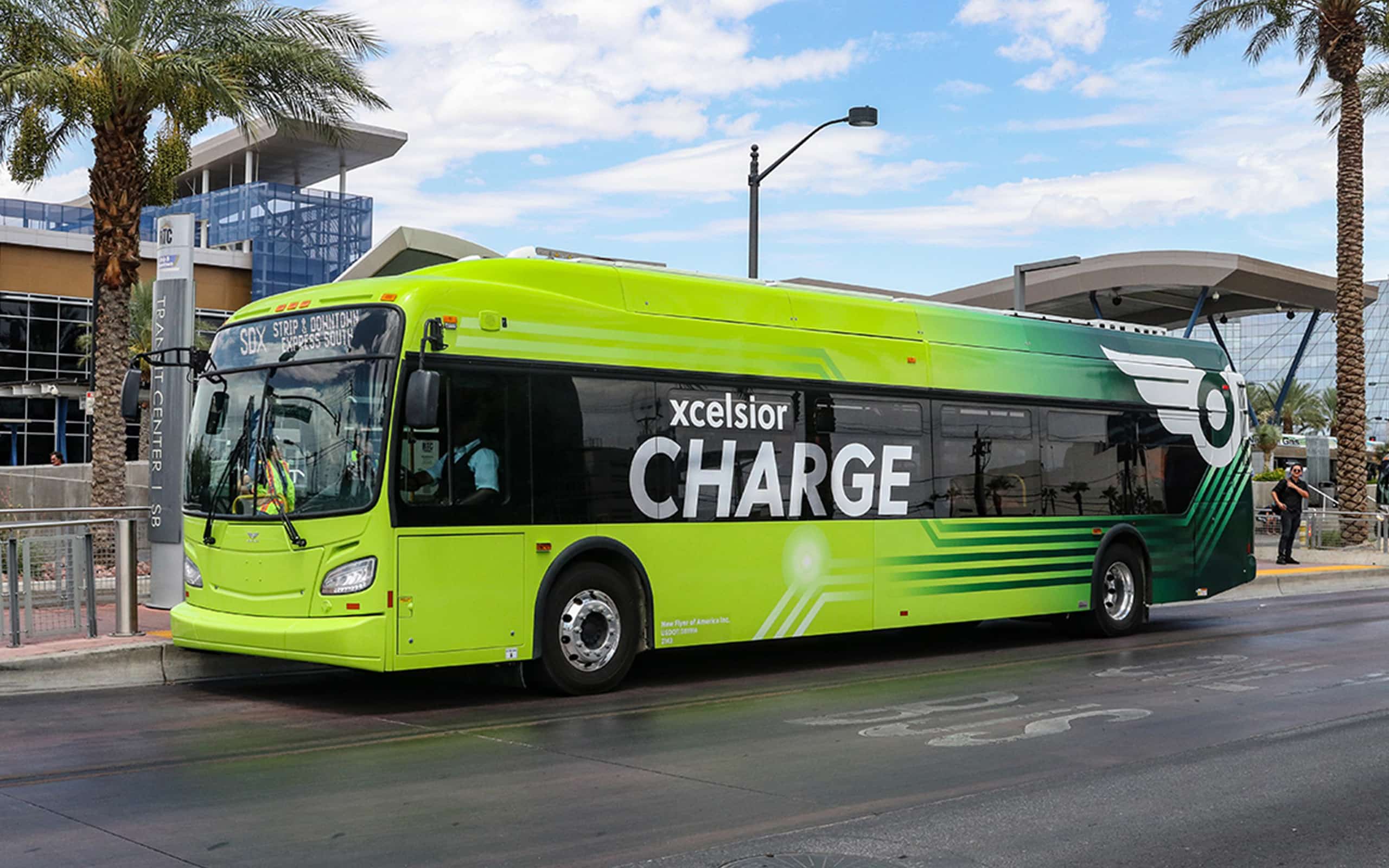
Regional Transportation Commission of Southern Nevada, Zero Emission Bus Program Management Services
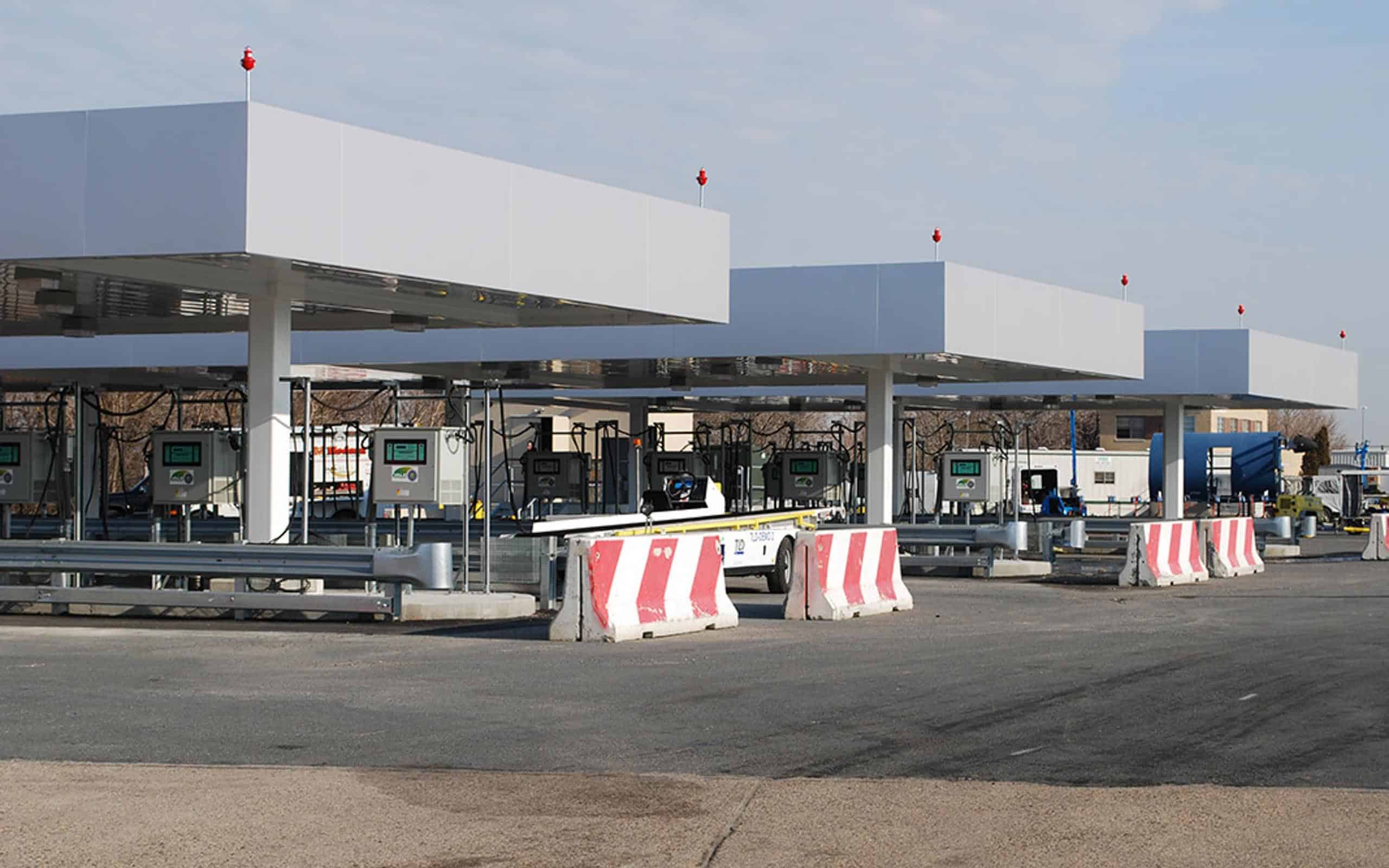
Philadelphia International Airport, Vehicle Charging System
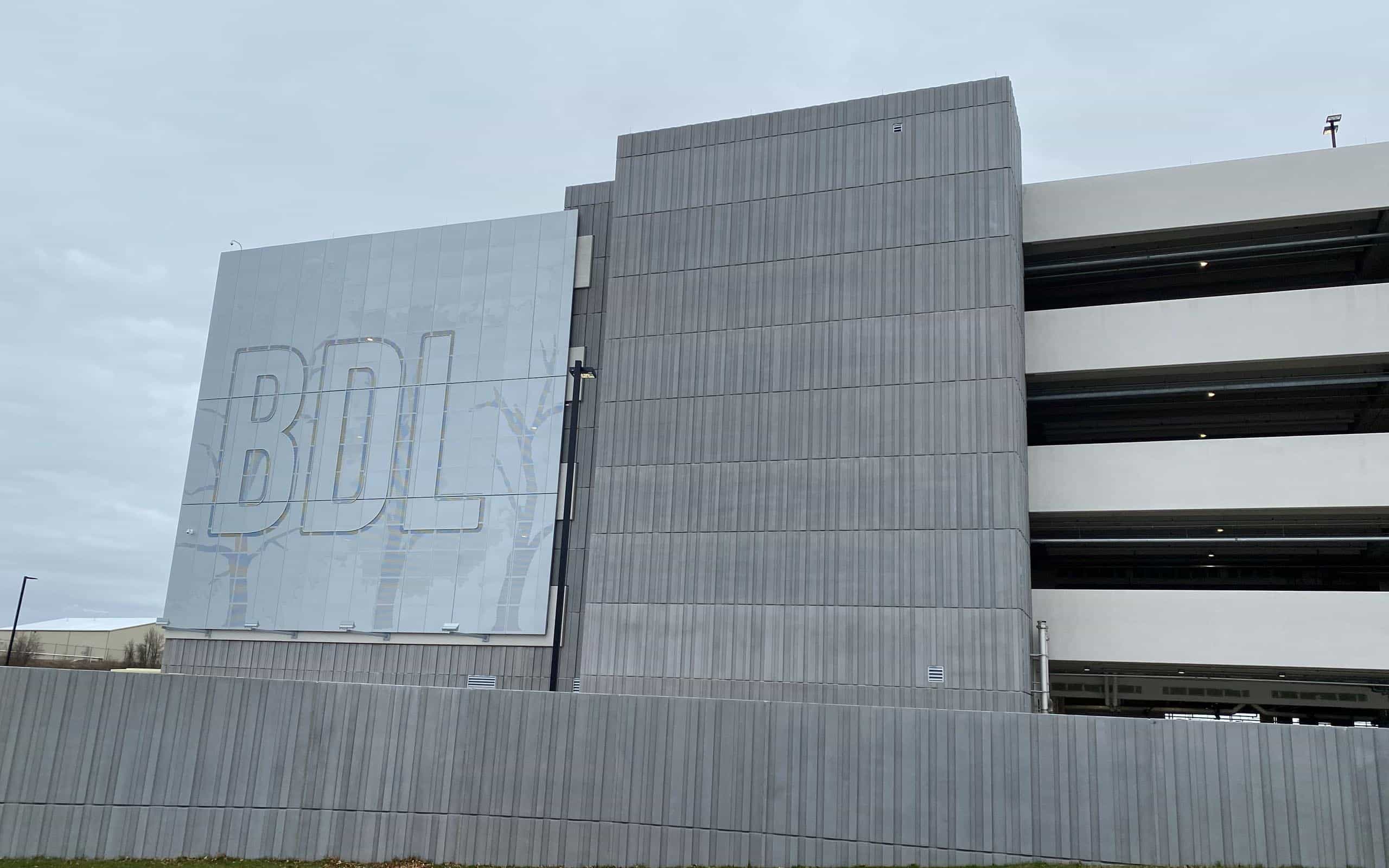
Bradley International Airport, Consolidated Rental Car Facility
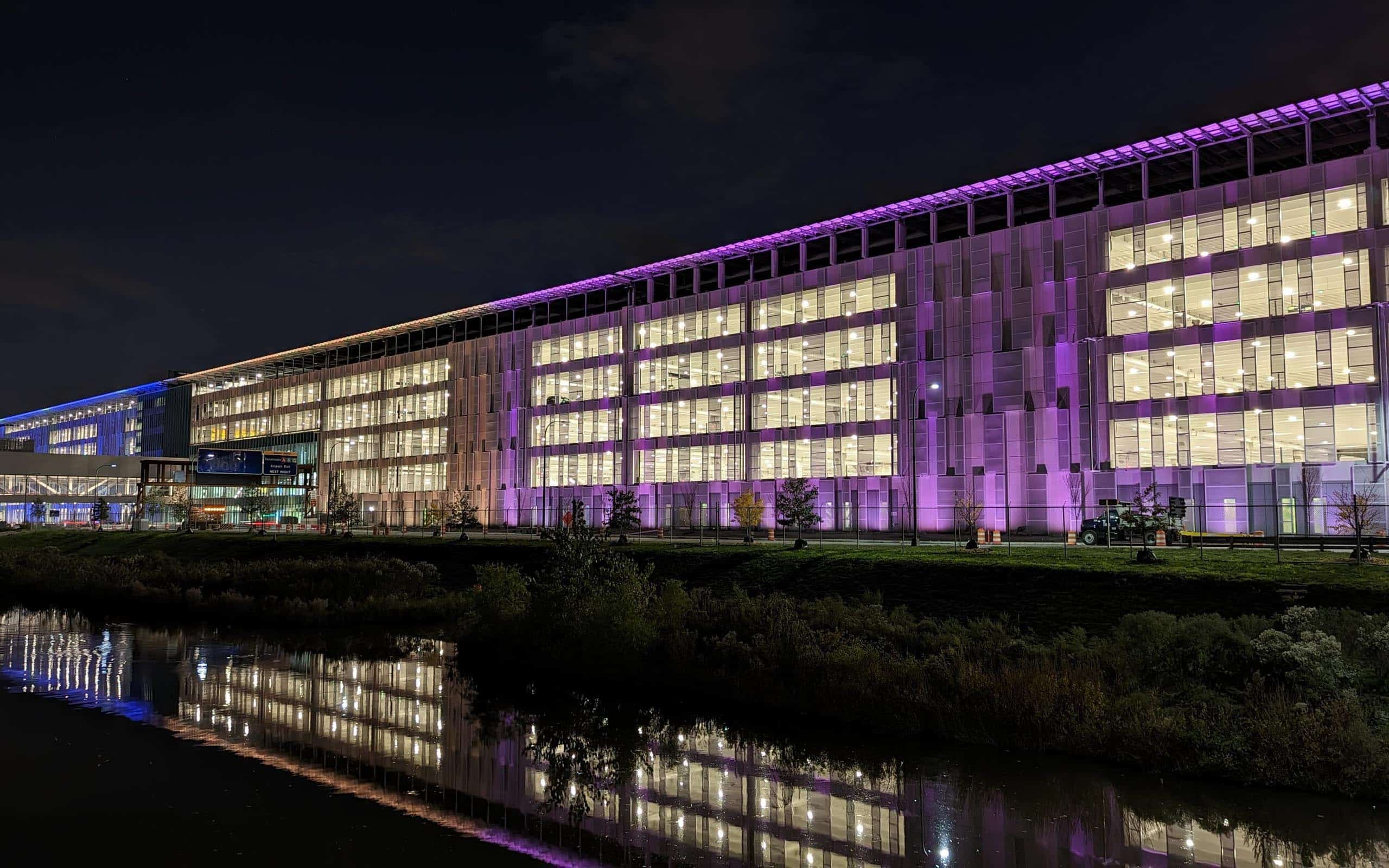
Newark Liberty International Airport, Consolidated Rent-a-Car (ConRac) Facility
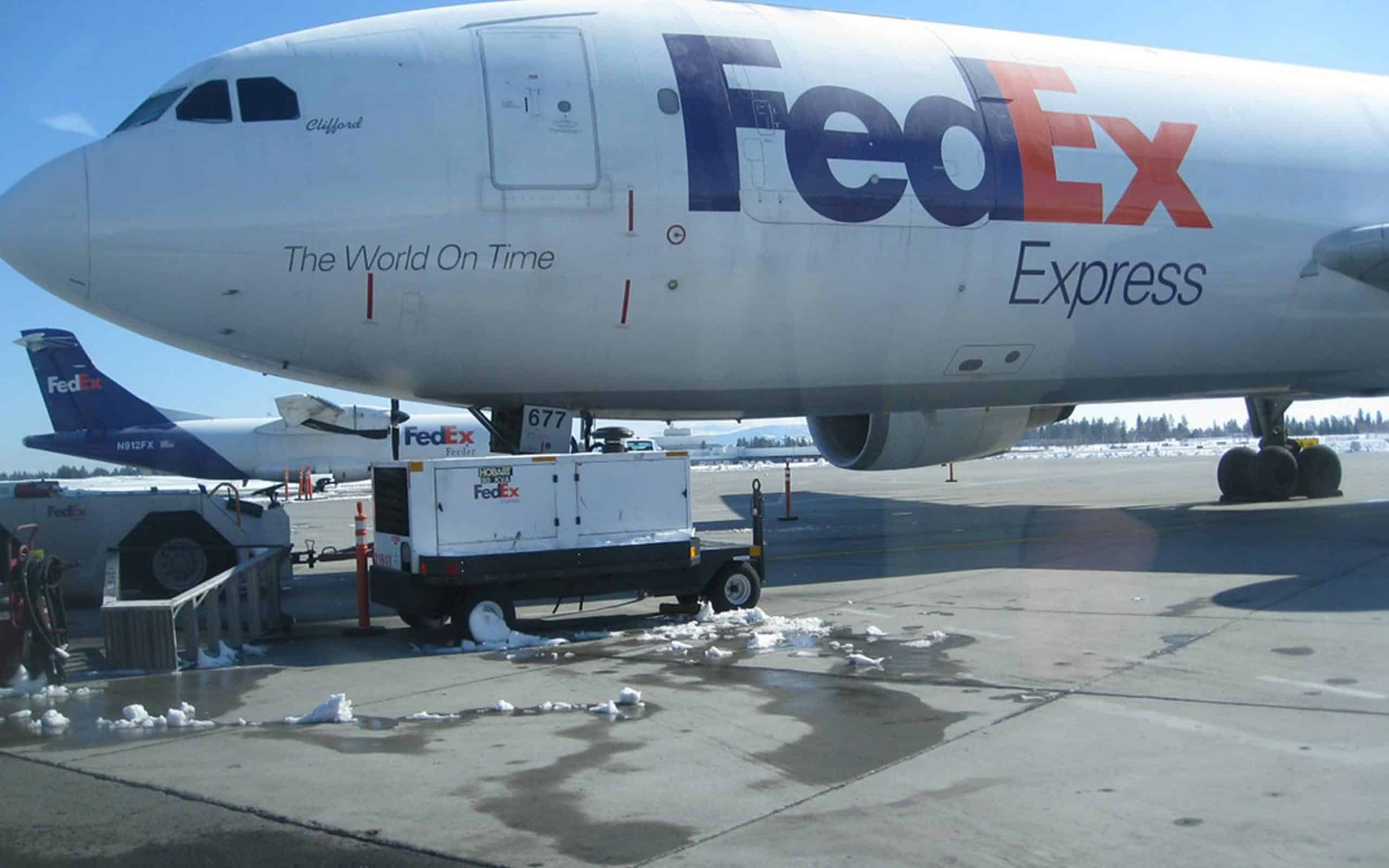
Spokane International Airport, Aircraft Ground Power System and Infrastructure
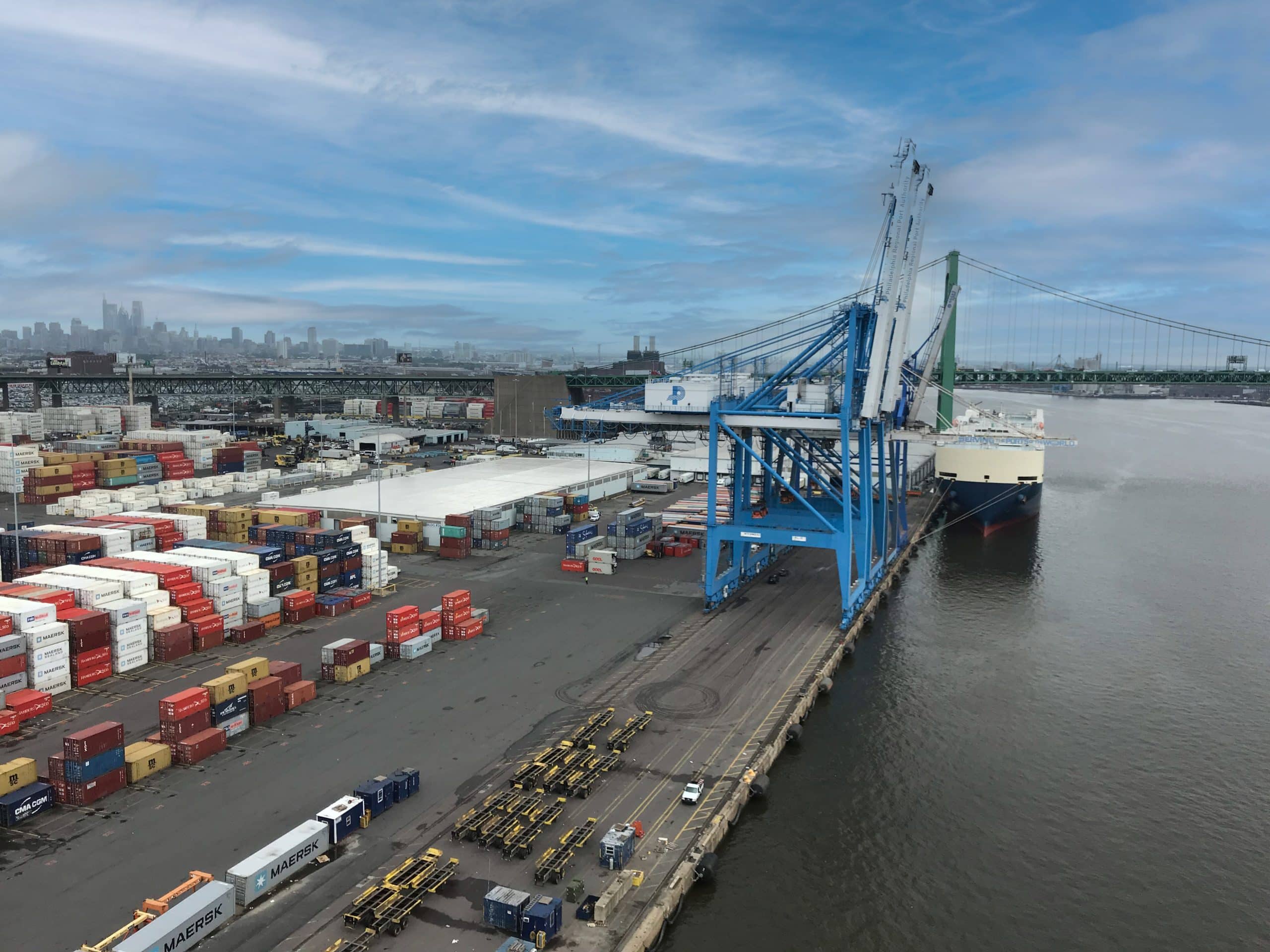
Port of Philadelphia (PhilaPort), Packer Avenue Marine Terminal Phase II Port Development Improvements
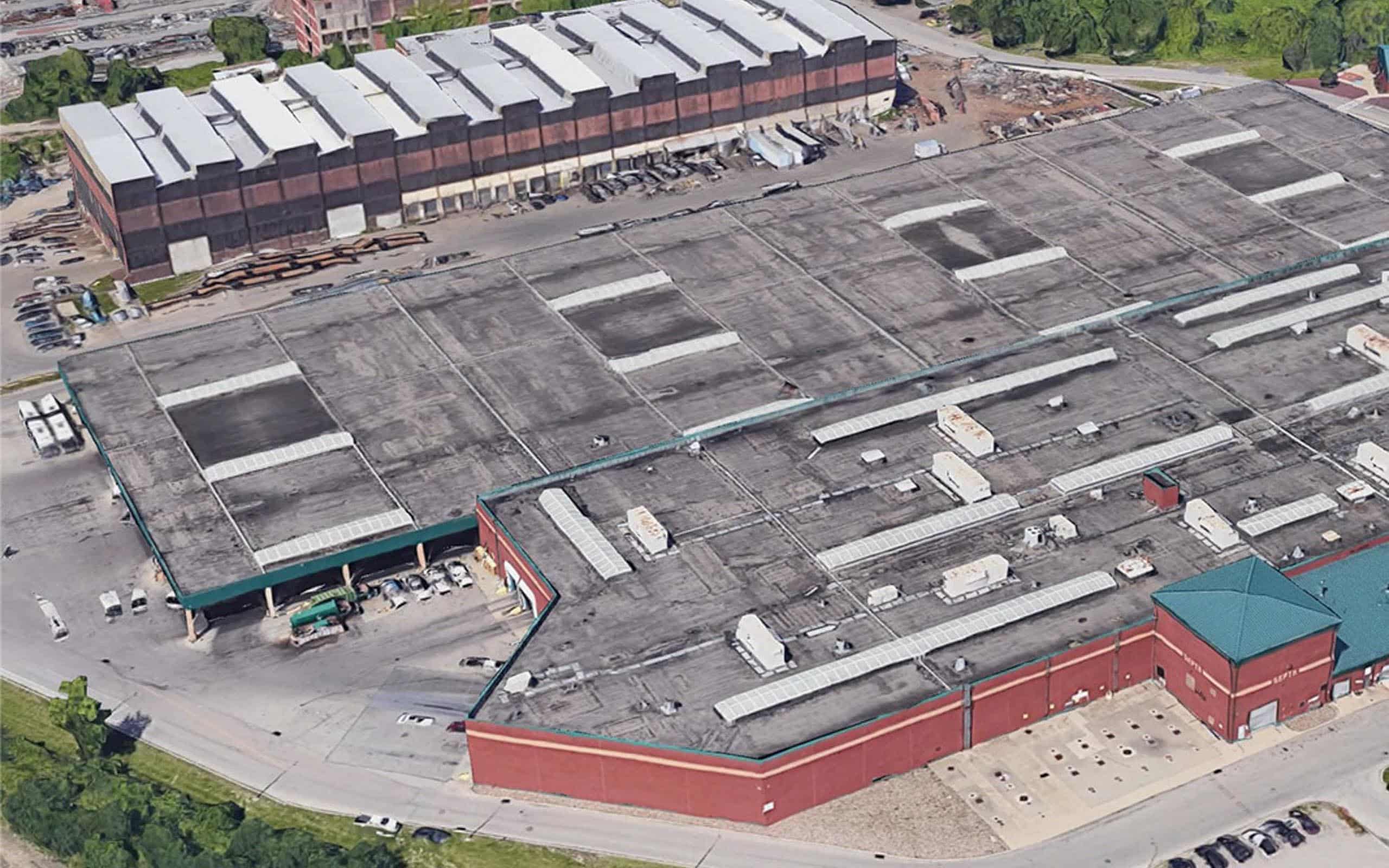
Southeastern Pennsylvania Transportation Authority (SEPTA), Midvale Bus Garage Battery Electric Bus Feasibility
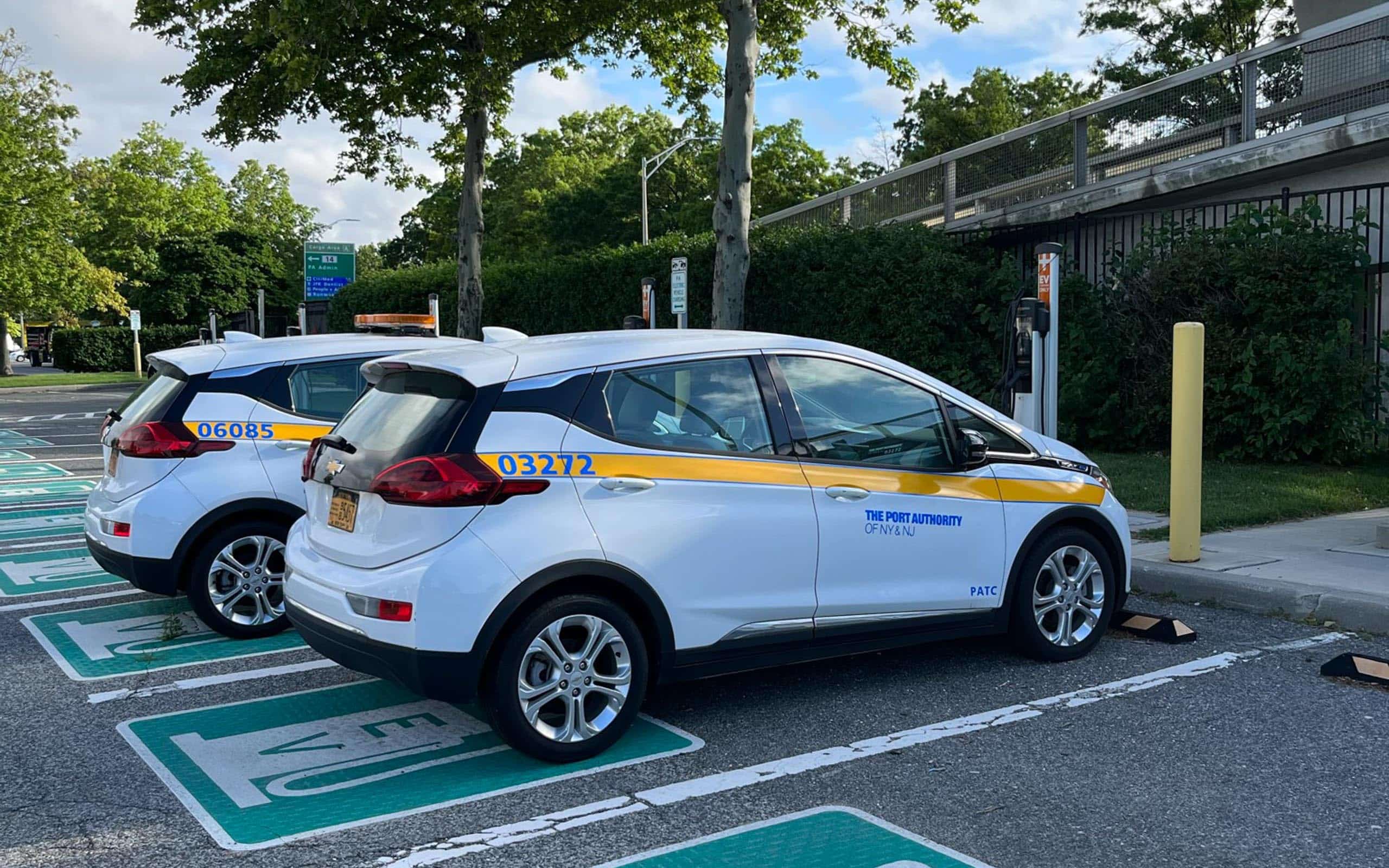
Port Authority of New York and New Jersey (PANYNJ) Electric Vehicle (EV) Fleet Charging Infrastructure


